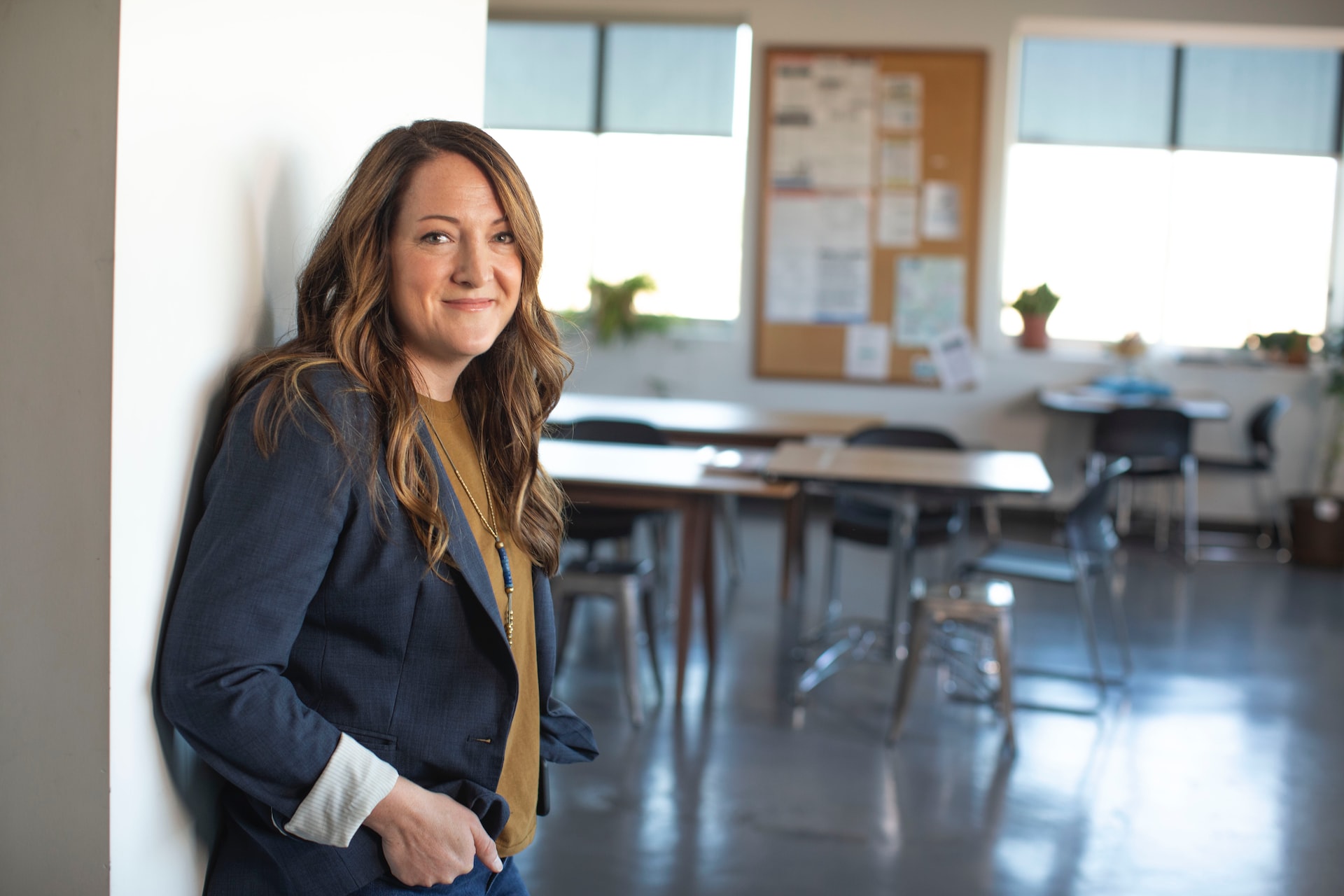College is not primarily a financial investment (although it may feel that way), but a missional investment.
Mission is about teaching and learning and that happens primarily through relationship. It is embodied in the faculty, staff and students who serve or attend colleges and universities around the globe. Mission is about who your student is going to become versus what they will be doing. As you prepare your student to transition to college, the temptation would be to focus on job outcomes, but there is more than the job that makes college worth it!
Education researcher Alexander Astin rightly stated that “while it’s obvious technical knowledge and skill are becoming increasingly important for effective functioning in modern society, better technical knowledge alone will not equip students to deal with many of society’s most pressing problems: violence, poverty, crime, divorce, substance abuse, and the religious, national and ethnic conflicts that continue to plague our country and our world. These are problems of the heart, problems that call for greater self-awareness, self-understanding, equanimity, empathy, concern for others, and well-being.”
Can colleges address issues of the heart? Yes! In recent years, many colleges have begun to recognize, prioritize and address holistic education, care and support for students. The “wellness wheel” which consists of five to eight dimensions depending on the version (e.g. physical, emotional, social, spiritual, and intellectual health), has become a common tool that colleges use to assess and tailor support and education for student well-being. There is increasing recognition that for students to thrive in college and beyond, educating the whole person is a necessity.
College students developmentally are at a place in life where they wrestle with existential questions such as, “Who am I?” “What is my purpose?” “Who do I want to become?” “Why am I in college?” and “What sort of world do I want to help create?” Colleges can and do have a unique role to play in enhancing and helping to develop students’ spiritual (inner) lives. Student Life educators are present to help curate learning activities that develop the whole person. Indeed, one of our primary goals is to help advance and advocate for the flourishing of our students. This means educating the whole person through curricular and co-curricular activities.
Research shows that while in college, students become more caring, more tolerant, more connected with others, and more actively engaged in a “spiritual quest” – that journey of knowing self and pursuing truth. Research also demonstrates that spiritual growth (broadly defined) also enhances other college outcomes such as academic performance, psychological well-being, leadership development, and satisfaction with college. Data provides strong evidence indicating that specific experiences (e.g. study abroad, volunteerism, etc.) lead to holistic growth.
Graduating students who can think critically, engage winsomely and live selflessly as they contribute to their community and society in meaningful ways is a win both for students and families.
College faculty and staff stand ready to engage your student as they wrestle through and answer some of life’s existential questions. The co-curricular is about preparing students to see and serve others. While attending college and in their lives beyond (in whatever they may pursue vocationally) students should be growing in a posture of sacrificial service to others. This is how the pressing problems of society will be addressed.
As you prepare your student for the transition to college, beyond the discussions that you will have about costs, location and potential majors, there are two pieces of advice that I leave you with:
- Encourage your student to pursue holistic wellness through their college wellness center – they have many resources to support students; and
- Encourage them to think about who they want to become as a person. This question will get at matters of the heart and will help frame their college experience in meaningful and significant ways.
F-2659013P-Y0123W








